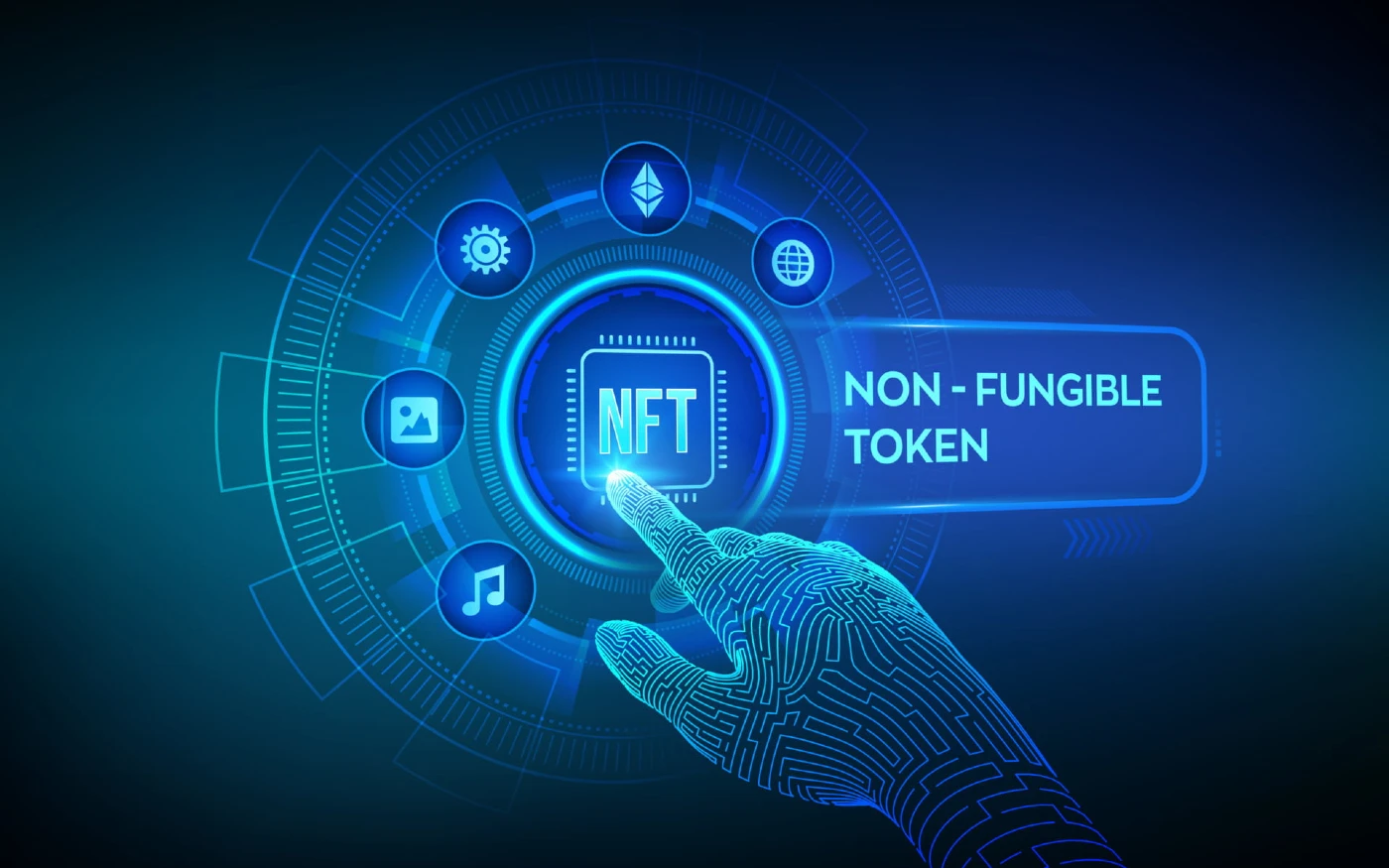A U.S. judge sentenced a former product manager at OpenSea to three months in prison on Tuesday for buying NFTs he knew would soon be featured on the site’s home page.
Nathaniel Chastain, 33, was convicted of fraud and money laundering in federal court in Manhattan in May for what prosecutors called the first insider trading case involving digital assets.
U.S. District Judge Jesse Furman called the sentence a “difficult” one to decide. The judge said he had doubts about whether the case alleging illicit trades worth about $50,000 would have been brought had the conduct not occurred in the “slightly sexy” new arena of cryptocurrency.
Furman sentenced Chastain to three months of home confinement and 200 hours of community service following his imprisonment. The judge ruled Chastain must pay a $50,000 fine and forfeit 15.98 ether, currently worth about $26,000
Chastain will remain free on bail until Nov. 2. His attorney said he will file a motion asking for bail to be extended while Chastain appeals.
During the hearing, Chastain apologized to OpenSea and his family.
“I let down the company I was serving and lost sight of the person I aspired to be,” he said.
U.S. Attorney Damian Williams said in a statement that the sentence “should serve as a warning to other corporate insiders that insider trading – in any marketplace – will not be tolerated.”
Prosecutors had called for between 21 and 27 months in prison for Chastain, comparing the case to one against Ishan Wahi, a former Coinbase Global Inc product manager sentenced to two years in prison for purchasing certain cryptocurrencies before they were listed on the exchange.
Chastain’s attorneys had asked for no prison time, saying he had already lost his reputation, job and equity in OpenSea worth millions of dollars.
Chastain was accused of stealing OpenSea’s confidential information and using it to make more than $50,000 in illegal profit by purchasing at least 45 NFTs and then selling them once they had garnered attention on the site.
Chastain’s lawyers argued at trial that OpenSea did not treat knowledge of what NFTs would be featured on its homepage as confidential information when Chastain worked at the company, a requirement for prosecutors to prove wire fraud.



